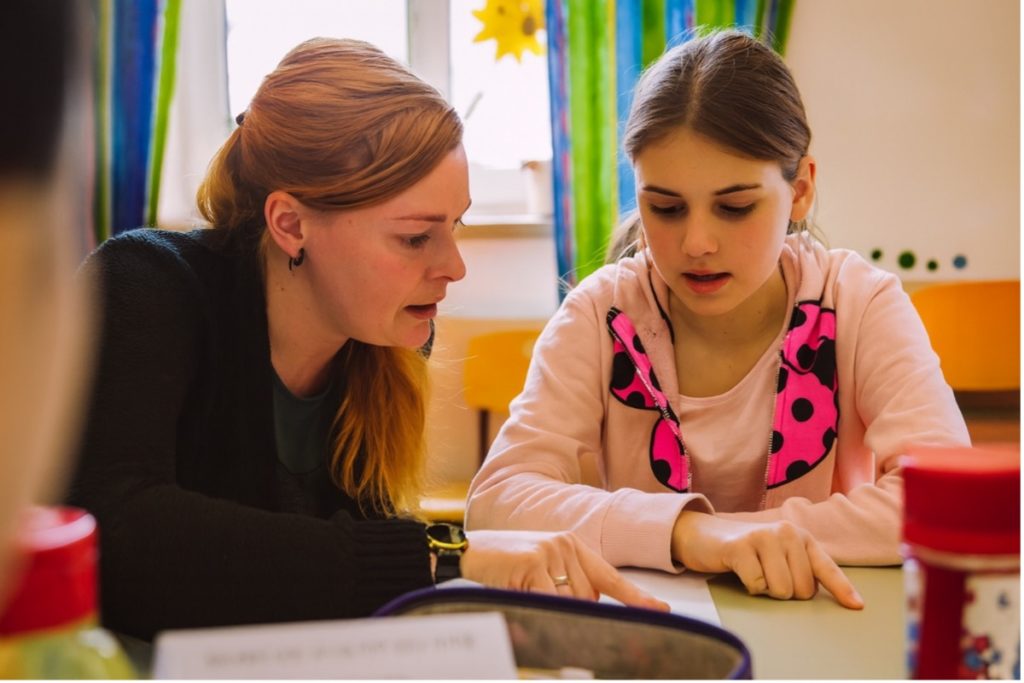Inclusion is not a question of age; the conditions must be created in kindergartens and schools so that children and young people can learn in the best possible way1.
What is it all about?
Children and young people with disabilities need support – in learning, communication, behavior, coping with everyday life, or care. These needs can lead to disadvantages in regular school settings. Various forms of support are available to counteract these disadvantages and enable equal participation.
The aim of all these services is to promote self-determination, enable participation, and strengthen individual development in the school context. For an inclusive education system to function, support measures must be targeted and available according to need. In Austria, several central support services are available. In this article, we look at two forms of support: personal assistance and school assistance.
Personal assistance is primarily aimed at students with physical disabilities and mobility impairments and students with visual impairments, providing support where physical barriers make it difficult to participate independently in lessons or everyday school life. This includes, for example, help with dressing and undressing, support with moving around, assistance with eating and drinking, and/or using the toilet. This form of support enables students to participate actively and independently in lessons.
School assistance, on the other hand, is primarily aimed at students with autism spectrum disorder.
School assistants offer individual support in everyday school life by, among other things, making structures and processes understandable, supporting children and young people in social interactions, providing orientation in the school environment, and promoting emotional stability.
Unlike personal assistance, the focus here is less on physical support and more on support in social and communicative situations and in structuring everyday life23.
By signing the UN Convention on the Rights of Persons with Disabilities, Austria has committed itself to establishing inclusive education as the standard. Support services such as personal assistance and school assistance are important steps in this direction.

The school assistants at LebensGroß support 20 children and young people with autism spectrum in their everyday school life. They are familiar with the challenges of everyday life. They also know that these individuals need clear structures to guide them, regularity, and safe places.
School assistants are silent observers, reliable companions, and structured caregivers in everyday school life. They create safe spaces where children and young people can find their bearings and develop. One of their central tasks is to support communication, because communication is the key to understanding, participation, and successful learning.
They help to make learning content and contexts understandable and promote alternative forms of learning.
Because learning can only be successful if content is communicated clearly, in a structured manner, and on an equal footing. Language breaks down barriers, creates connections, and opens up new paths—especially when it is used consciously and inclusively.
Clear communication means not only information, but also relationship. And this is precisely where school assistants make an invaluable contribution4.
References
- https://www.lebensgross.at/kinder-und-familie/assistenz-in-schule-und-kindergarten/ ↩︎
- Unterstützungsleistungen für Schülerinnen und Schüler mit einer Behinderung in Bildungseinrichtungen des Bundes ↩︎
- unt_beh.pdf ↩︎
- More infomation school assistence bei LebensGroß : LebensGroß Magazin #1/2025 online:
https://www.yumpu.com/de/document/view/70760965/lebensgross-magazin-1-2025 ↩︎
